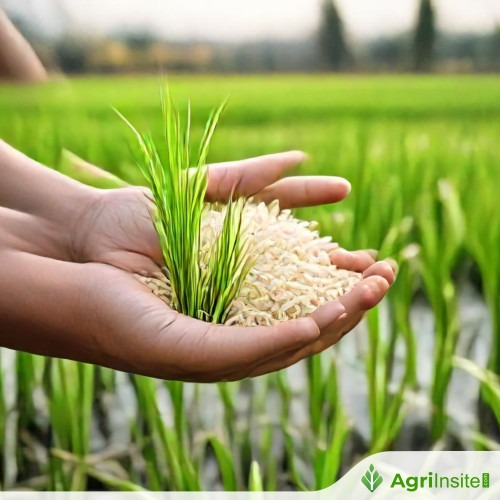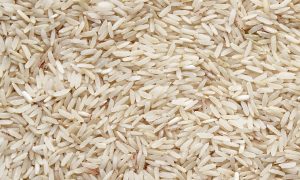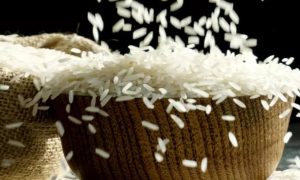BAU Sabour’s New Rice Varieties Withstand Floods and Disease in Bihar

Bihar Agricultural University (BAU), Sabour, showcased flood- and disease-resilient rice varieties after recent floods. Sabour Shree Sub-1 survived two weeks of submergence, Sabour Katarni Dhan-1 offers premium grain quality with storm resistance, and Sabour Vibhuti Dhan tolerates floods and bacterial blight. These varieties strengthen Bihar’s rice farming resilience against climate stress and disease.
Sabour: Recent floods and disease outbreaks have once again highlighted the vulnerability of rice farming in Bihar. However, new varieties developed at Bihar Agricultural University (BAU), Sabour, have demonstrated remarkable performance under these challenging conditions.
During a field review at BAU farms following the recent submergence, Vice-Chancellor Dr D.R. Singh inspected the performance of Sabour Shree Sub-1, Sabour Katarni Dhan-1, and Sabour Vibhuti Dhan, accompanied by Director of Research Dr A.K. Singh, Director (Seeds & Farms) Dr Feza Ahmed, and the rice research teams.
Sabour Shree Sub-1, developed through marker-assisted breeding, survived up to two weeks of standing water. Even after heavy submergence, it produced 30–35 quintals per hectare, compared with 50–55 quintals under normal conditions. With a maturity period of 140–145 days, it is ideally suited for flood-prone lowlands.
Sabour Katarni Dhan-1, a shorter version of the traditional aromatic Katarni rice, grows to 110–115 cm, reducing damage from storms while retaining its premium grain quality. It yields 42–45 quintals per hectare and matures in 135–140 days, offering farmers both stability and market advantage.
Sabour Vibhuti Dhan demonstrated only 5–10% damage after 7–8 days of floodwaters. It carries three resistance genes against bacterial leaf blight and also tolerates blast disease. This semi-dwarf variety matures in 135–140 days, averages 55–60 quintals per hectare, and can potentially reach 85 quintals per hectare.
“The recent floods and rising disease incidence underline why such varieties are crucial. These rice lines provide farmers with resilience to climate stress and disease pressure while securing their incomes,” said Dr D.R. Singh.
Rice farming in Bihar spans over 3 million hectares, yet floods and bacterial leaf blight regularly reduce yields. By combining submergence tolerance, disease resistance, and premium grain quality, BAU Sabour offers farmers timely solutions for current challenges and long-term resilience.
To Read more about Rice News continue reading Agriinsite.com
Source : Patna Press














